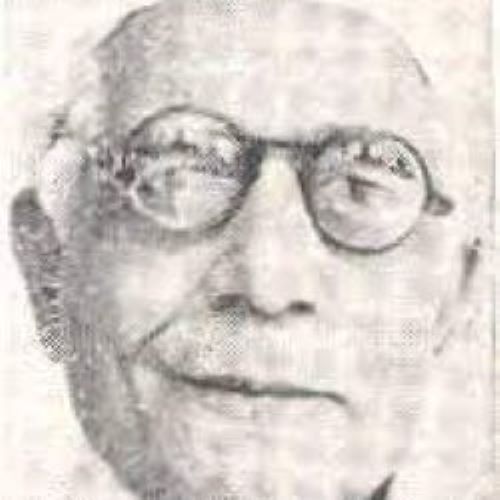Early Life
Venkatesh Narayan Tivary was born at Kanpur in 1890. He was a journalist who did famine relief work in various parts of North India. He also worked towards providing relief to martial law victims in Punjab.
As a journalist, he worked as the editor for a Hindi weekly ‘Abhyudaya’ (1914-1919 and 1933-1934) and as the editor of two Hindi newspapers named ‘Maryada’ (1914-1919) and ‘Bharat’ (1928-1930).
Role in Indian Independence Movement
Tivary played a vital role in the Indian struggle for independence. He was imprisoned multiple times for participating in various Congress movements against the British Raj.
He was a member of multiple civil society organisations such as the Servants of India Society (1910-1930) and the All India Sewa Samiti, Allahabad.
Tivary also had an active political life. He was the General Secretary of the Uttar Pradesh Congress Committee (1914-1919), member of the UP Legislative Council (1927-1930) and a member of the UP Legislative Assembly (1937 and 1946). He was also the Parliamentary Secretary to the Premier of Uttar Pradesh (1937-1939).
Contributions to Constitution Making
Tivary was elected to the Assembly from the United Provinces through a Congress Party ticket. He was not an active participant in the Assembly debates.
Later Contributions
Tivary served as a member of the Police Reorganisation Committee, Public Health and Medical Reorganisation Committee of the Government of Uttar Pradesh. He also was a part of the Criminal Tribes Act Enquiry Committee of the Government of India, which submitted its report in 1951.
Tivary was also elected to the first Lok Sabha of India on a Congress Party ticket from Kanpur cum Farrukhabad constituency.

